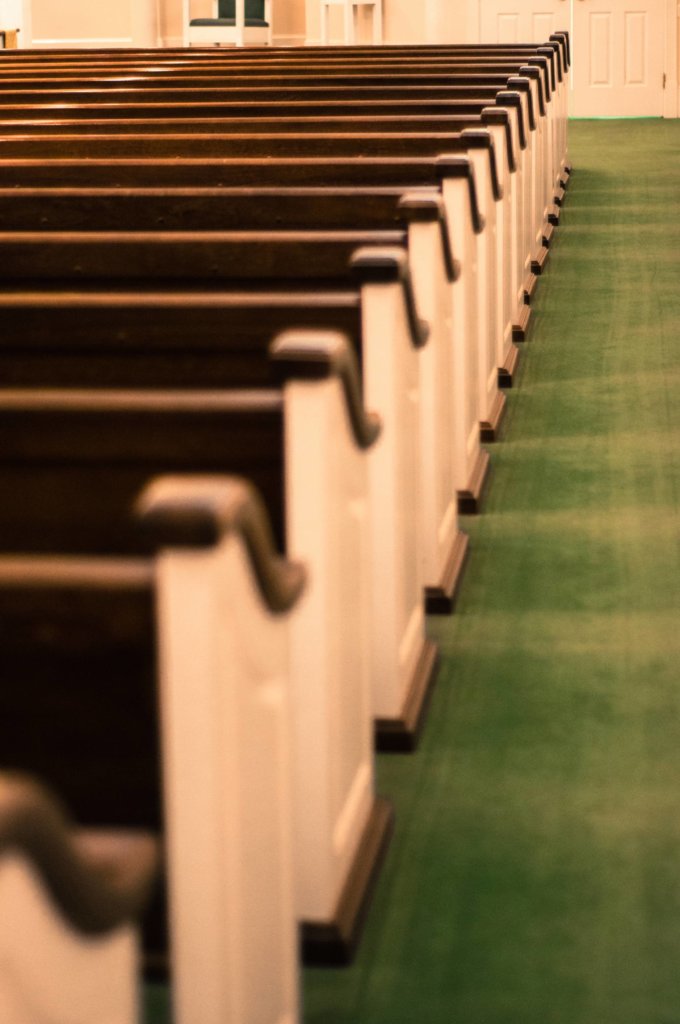Cremation Questions
Questions About the Cremation Process
What is cremation?
To begin with, it is probably easier to describe what cremation isn’t. Cremation is not final disposition of the remains, nor is it some type of funeral service. Rather, it is a process of reducing the human body to bone fragments using high heat and flame.
How long does the actual cremation take?
It depends on the weight of the individual. For an average size adult, cremation takes from two to three hours at normal operating temperature between 1,500 degrees F to 2,000 degrees F.
What happens after the cremation is complete?
After the cremation process is complete, the remaining bone fragments are then reduced to a smaller size. Then they are placed into a temporary or permanent urn, selected by the family.
What do the cremated remains look like?
Cremated remains resemble coarse sand and are whitish to light grey in color. The remains of an average size adult usually weigh between four to eight pounds of cremated remains.
In what kind of container are the cremated remains returned?
The cremated remains are placed in a basic container at no charge to you. Or they may be placed in the urn of your choice from our large selection of urns available for purchase.
Are all the cremated remains returned?
With the exception of minute and microscopic particles, which are impossible to remove from the cremation chamber and processing machine, all of the cremated remains are given back to the family.
What can be done with the cremated remains?
There are many options. Remains can be buried in a cemetery lot or cremation garden, inurned in a columbarium, kept at home, or scattered on private property. Our staff will be happy to discuss these options with you and make any arrangements.


Concerns About Cremation
Are there any laws governing cremation?
Cremation regulations vary from state-to-state.
Can two cremations be performed at once?
Never. Not only is it illegal to do so, most modern cremation chambers are not of sufficient size to accommodate more than one adult. Thus it would be a practical impossibility to conduct multiple cremations simultaneously.
Can the family witness the cremation?
Yes, for a nominal fee. Our state-of-the-art cremation facility is set up to allow family members to be present when the body is placed into the cremation chamber. In fact, some religious groups include this as part of their funeral custom.
How can I be sure I receive the correct remains?
We have developed the most rigorous set of operating policies and procedures in order to maximize our level of quality and minimize the potential for human error. Positive identification of the deceased is assured throughout each stage of the cremation process. We only allow certified professionals to operate our cremation equipment.
Questions About Urns, Caskets, and Embalming
Do I need an urn?
An urn is not required by law. However, an urn may be desired if there is to be a memorial service or the cremated remains are to be interred in a cemetery. If an urn is not selected, the cremated remains will be returned in a temporary cardboard container.
Is a casket needed for cremation?
No, a casket is not required for cremation. All that is required by state law is a rigid container which is cremated with the body.
Is embalming required prior to cremation?
Absolutely not and it is against the law for a funeral home to tell you otherwise.
Can the body be viewed without embalming?
Yes, immediate family members may briefly view the deceased prior to cremation in our private viewing room. The deceased is first washed, dressed and prepared for viewing. However, under certain circumstances embalming may be required, such as a public visitation.

Receive Our FREE Personal Record Guide
Receive Our FREE Personal Record Guide

Planning your funeral arrangements in advance can offer you and your family a number of benefits.



